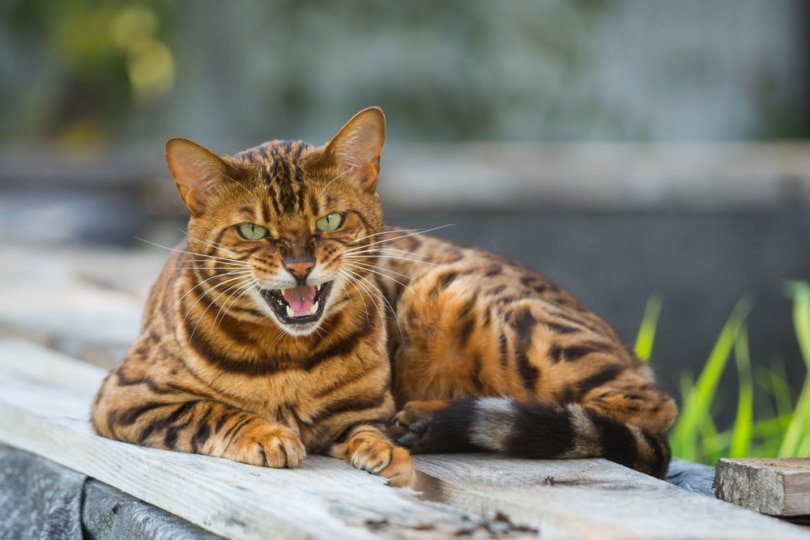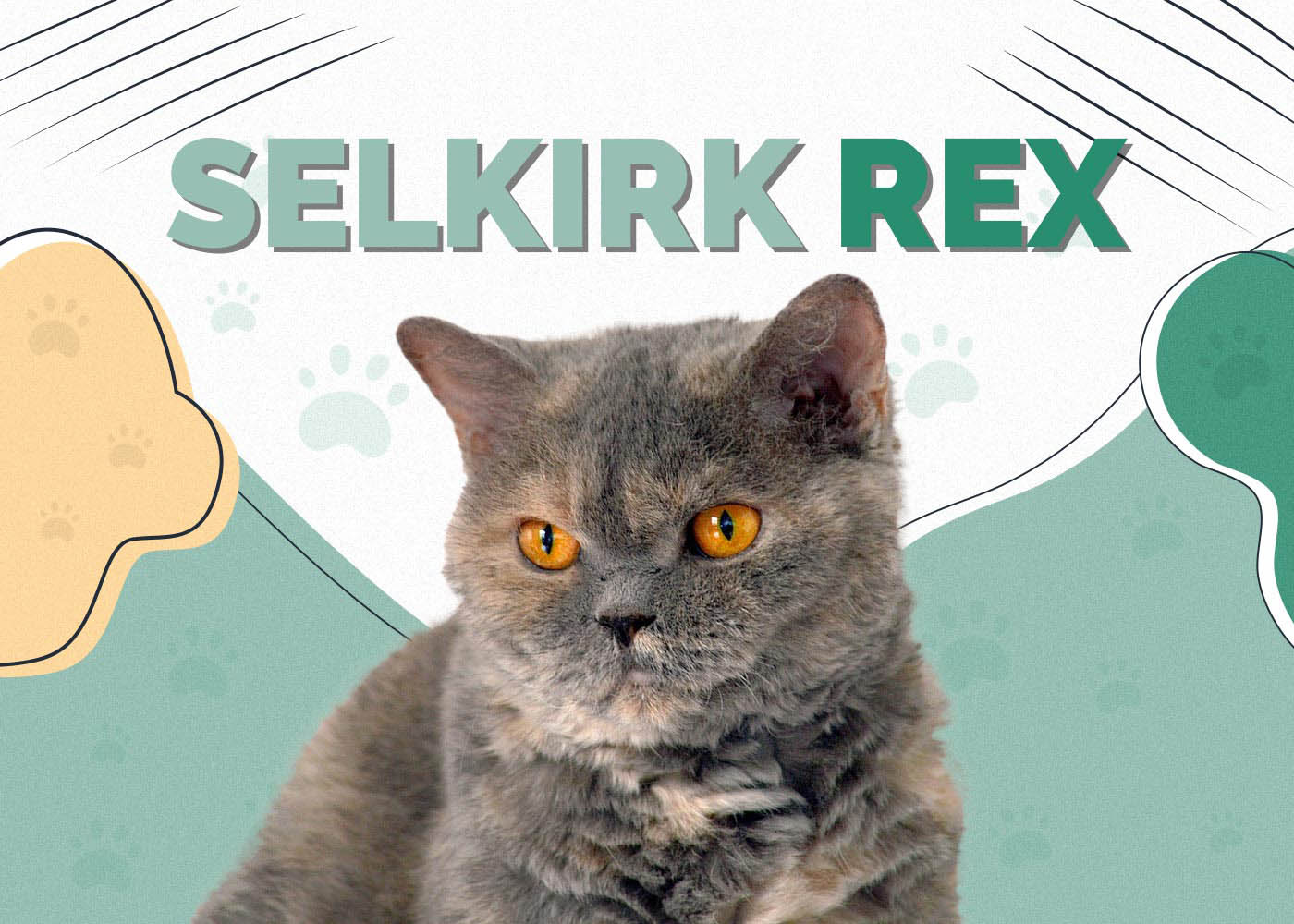How To Tell If Your Cat Is a Maine Coon: 6 Effective Tips
By Oliver Jones
Updated on
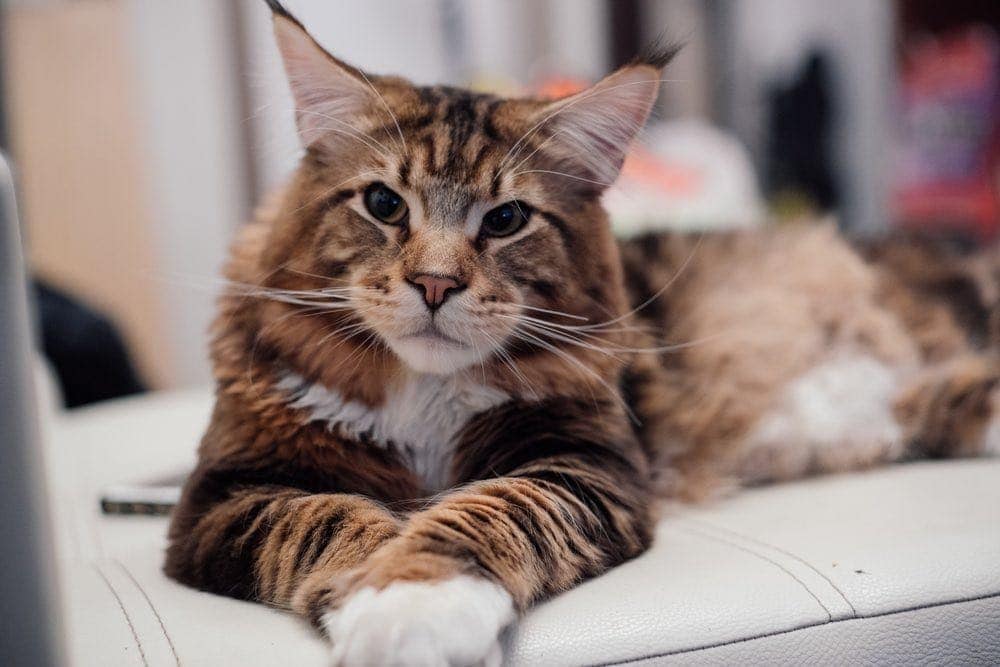
Unless you go to a breeder that specializes in Maine Coons, it can be tough to know if your cat is a Maine Coon or another shaggy breed. Many people know the basics of Maine Coon appearances—their large build and shaggy fur—but Maine Coons aren’t the only cats with these attributes.
Since other cats can look similar to Maine Coons, especially Maine Coon mixes, people misidentify their cats as Maine Coons all the time. Luckily, there are some physical traits that are unique to Maine Coons, making it easier to identify your furry friend.
In this article, we are going to look at these physical traits so that you can determine whether your cat is a Maine Coon or not. Even if you learn your cat is not a Maine Coon, it is still a special, adorable, and fierce feline! Let’s get started.
Physical Traits of a Maine Coon
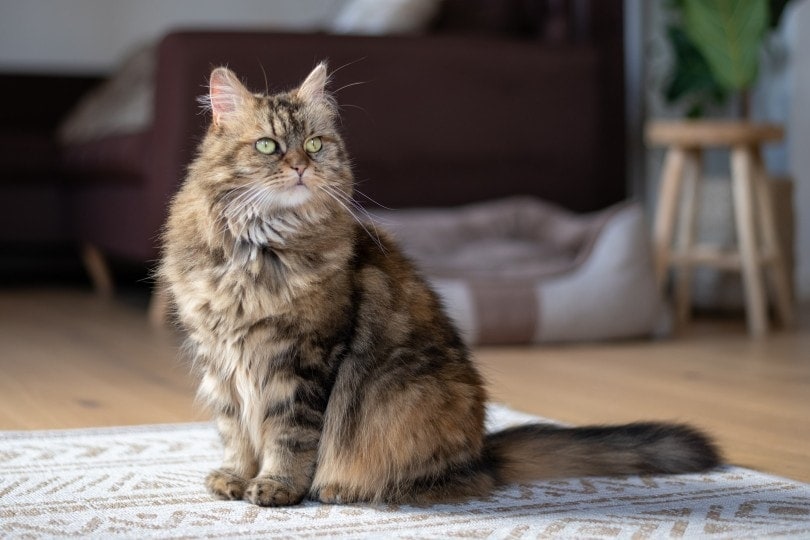
The best way to know if your cat is a Maine Coon is to get it from a breeder. Of course, talking to a breeder is not an option for many. If your furry friend is already a part of your home, here are some physical traits to look for to see if your cat is a Maine Coon.
1. Body Shape – Rectangle
One of the first clues that your cat is a Maine Coon is its body shape. Most cats have sleek and slender bodies that allow them to prowl and sneak around your house undetected. Although Maine Coons are very athletic, their bodies are much bulkier than other cats.
In fact, Maine Coons often have rectangular-shaped bodies. This shape is caused by the various muscles that make up their frame. This shape makes Maine Coons very strong and athletic. If your cat does not have a strong, rectangular build, it is probably not a Maine Coon.
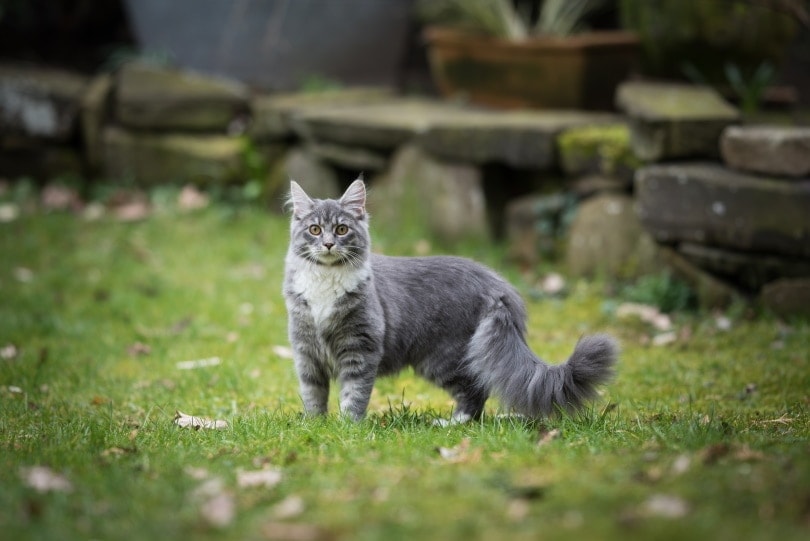
2. Fur Type – Long and Shaggy
The trait that most people are familiar with and use to identify this breed is their fur. As you likely know, Maine Coons have long, shaggy fur. This fur sheds quite a lot. So, you shouldn’t be surprised if you have fur all over your house, especially in the summer months.
The fur length and thickness change through the year. In the winter, the fur grows out even more so that the cat can stay warm. When summer rolls around, the fur will start to thin out to account for the increased temperature, forcing you to clean up more fur than usual.
3. Fur Location – All Over the Body, with a Mane and Thick Tail
In addition to looking at the thickness of the fur, you also have to look at where the fur is located. Maine Coons have fur covering the whole body, but they will have more fur around their necks and tails. Their neck fur will be longer than their fur elsewhere, creating a mane. The mane will thin out in the summer, but it will likely still be there.
Maine Coons also have more fur around their tails. These cats are known for holding their tails very proudly, which should make it easy to spot their tails. Maine Coon tails are typically covered in thick, long fur, as opposed to shorter fur common in other cat types.
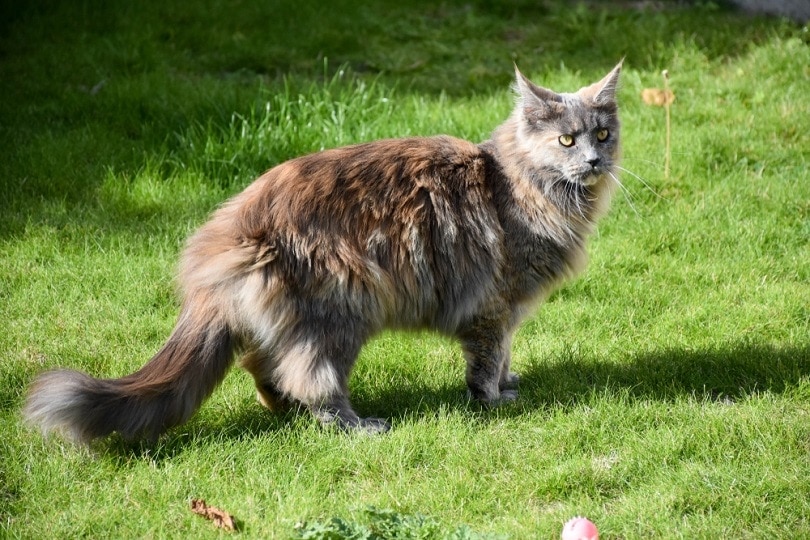
4. Eyes – Unusually Large
The eyes are the window of the soul, and the same is true for Maine Coons. Maine Coons are known for having abnormally large eyes, both in the kitten and adult stages of life. These eyes make Maine Coons look more intelligent since they are more similar looking to human eyes than other cat eyes.
5. Ears – Large and Furry
Maine Coons also have ears that are slightly different from other domesticated cats. Their ears are often compared to lynxes because there are tufts of fur on the ends of the ears. In many ways, Maine Coon ears make the cat look like a bobcat. Their ears look this way in order to retain warmth during the cold winters.
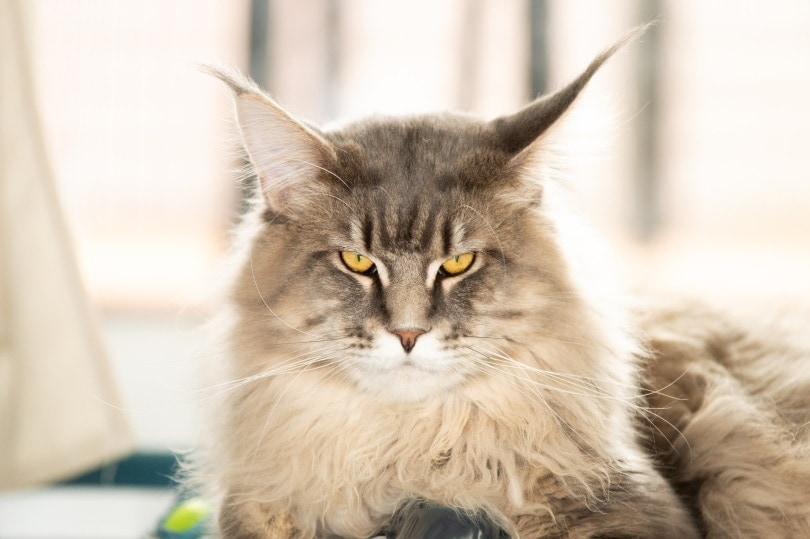
6. Personality – Outgoing
Finally, the last major sign that your cat is a Maine Coon is its personality. Whereas many cats are skittish, especially around people, Maine Coons are incredibly outgoing. Even as kittens, Maine Coons are fearless and love playing.
Not to mention, these cats tend to enjoy human company much more than other cats. Grab a string for playtime and you will have the cat’s heart forever. That being said, some Maine Coons are still stand-offish to humans, though the breed as a whole enjoys humans.
What do Maine Coon Mixes Look Like?
If your cat has some of these traits but not all, it is likely a Maine Coon mix. Most mixes have three or four of these traits. For example, Maine Coon mixes typically have a more muscular body, long fur, and an outgoing personality.
If you want to find out what breeds are in your cat’s blood, you can begin by looking up other cat breeds and Maine Coon mixes. This can give you other cats to look at and compare to your cat. It may be difficult to find the exact mix type your cat is, but it may give you a bit more information about your furry feline friend.
In the case that your cat does have some of the traits we described above, it is likely a Maine Coon mix, though the exact type of cat it is mixed with may be a bit more difficult to determine.
Final Thoughts
If you think your cat is a Maine Coon, we recommend looking at the body type, fur, eyes, ears, and personality. These traits tend to be very unique in Maine Coons, making them key identifiers for the breed. If your cat has all of these traits, it is a Maine Coon!
If your cat only has a few of the characteristics described above, it is likely a Maine Coon mix. Just because your cat is not a purebred Maine Coon does not make it any less special or unique.
Featured Image Credit: ShotPrime Studio, Shutterstock


